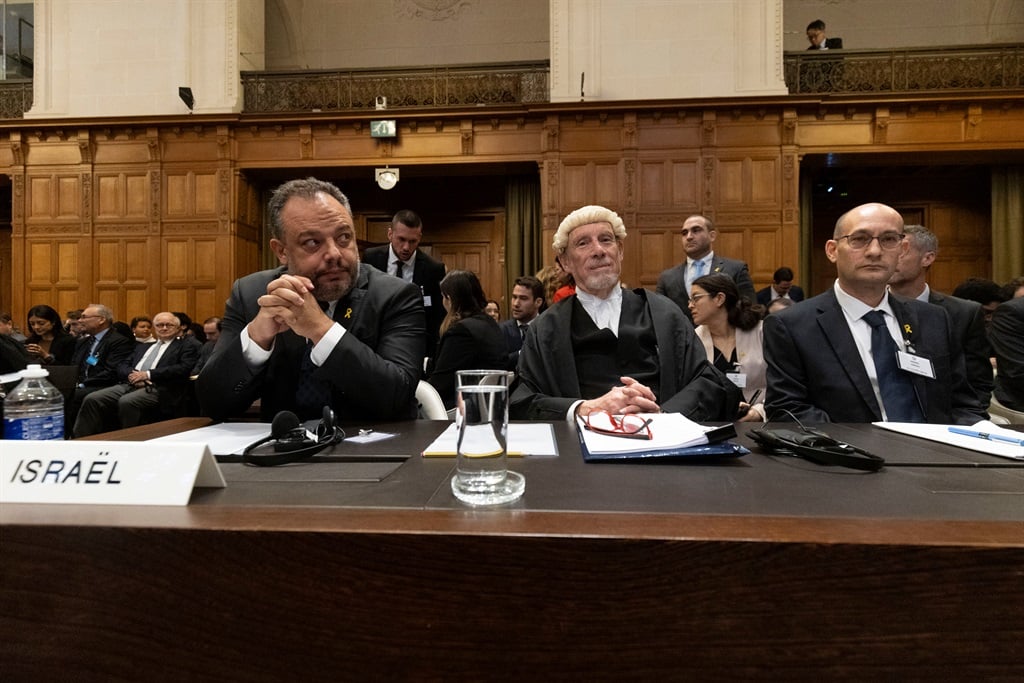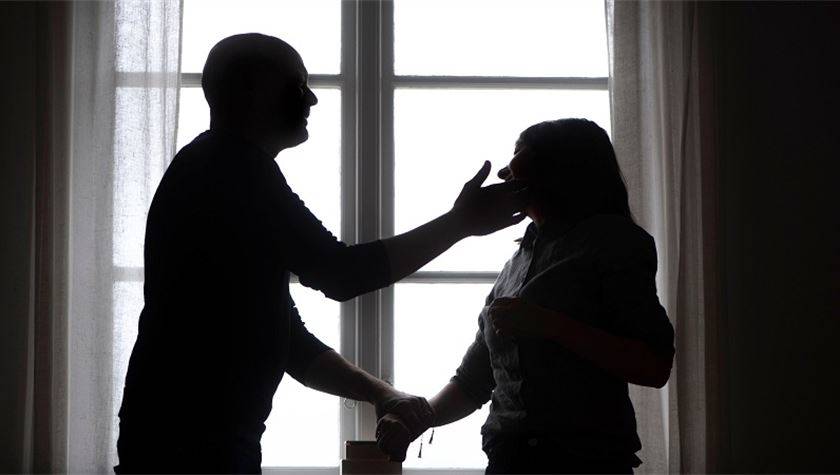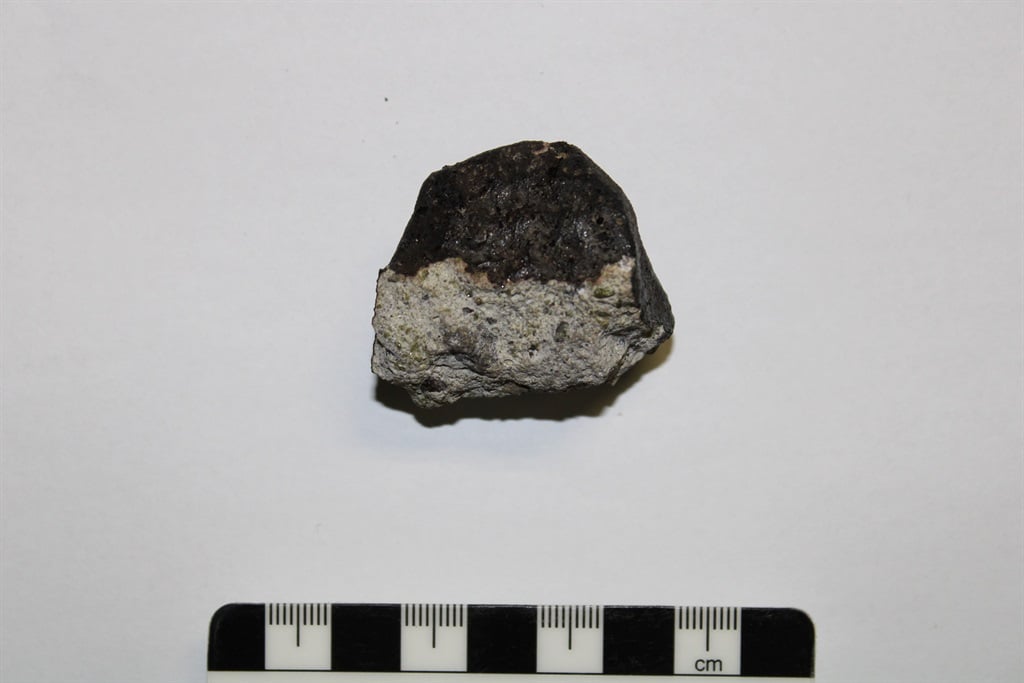
Gilad Noam, deputy attorney general for international law in Israel’s ministry of justice, summarised Israel’s arguments against South Africa’s case: the ICJ lacks jurisdiction, war is not genocide, and SA failed to show intervention is necessary and failed to put forward a fair plan for intervention.
Madam President, Members of the Court, counsel have shown that the Applicant has failed to make the case for the indication of provisional measures. More specifically:
(1) The Court lacks prima facie jurisdiction, as the Applicant has not shown any dispute between itself and the Respondent at the time the Application was submitted. Indeed, it tried to mislead the Court into believing that one had existed.
(2) The Applicant has failed to meet the condition of plausible rights to be protected in the present circumstances.
(3) The simple reality is that the events which are the subject of these proceedings are occurring in the framework of a war instigated by Hamas, governed by the legal framework of international humanitarian law. They do not fall within the remit of the Genocide Convention.
(4) The standard of irreparable harm and urgency is not met either. Israel is constantly taking concrete steps, together with others, to address the humanitarian situation in Gaza.
(5) Finally, we have shown that each of the provisional measures sought are unwarranted and prejudicial.
READ | Israel argues there isn’t actually a dispute with SA on genocide, SA was just on holiday
All this requires that we give attention to two fundamental matters arising from these proceedings.
The first is that the Applicant seeks to portray an image of Israel as a lawless State, that regards itself as “beyond and above the law”. The Applicant paints an image of Israel as a State in which the entire public service, military, and society have in concert, discarded Israel’s long-standing commitment to law and morality and become singularly consumed with destroying an entire population. That is patently false.
I can attest to that first-hand as the deputy attorney general for international law.
In this position, I regularly advise the government on issues of international law, including humanitarian law. This has not changed since 7 October.
The conflict with Hamas poses serious operational and legal challenges: in conducting close-quarter urban combat, while mitigating harm to the surroundings; in seeking to put a stop to Hamas’ military use of hospitals, while minimizing disruption of medical services; in helping civilians leave areas of the most intense fighting, while Hamas forces them to stay in the line of fire; in facilitating the provision of aid, when that aid is constantly stolen by Hamas, to sustain its military efforts; in balancing humanitarian considerations with the need to act forcefully against an adversary that still fires rockets deep into our country and holds our citizens hostage.
WATCH | Israel accuses SA of ‘vilifying and demonising’ its right to self-defence
As the authority responsible for international law advice to Israel’s government and Cabinet, I can attest that in contending with these challenges, Israel remains committed to international law.
When the cannons roar in Gaza, the law is not silent.
This has been the case since Israel’s establishment in 1948, the same year the Genocide Convention was adopted. Israel’s commitment to the rule of law has remained steadfast throughout our history despite the complex challenges we face as a nation. It reflects the commitments made at the time the State was established, as reflected in our Declaration of Independence, which makes express reference to “the principles of the Charter of the United Nations”.
In 1948, too, Israel was at war, forced upon it. Yet despite being engaged in a war for its survival, the young State gave great importance to immediately establishing an effective, independent and impartial legal system. Indeed, one of the first steps the newly formed IDF took in the midst of a war, was to establish a military justice system. This system has evolved into an integral part of the institutional structure of the IDF.
Thus, the IDF Military Advocate General holds the highest rank in the IDF, save its chief of staff, and is institutionally independent from the military chain of command. Her staff, including international law experts, are interwoven in all aspects of the military’s activities. They provide legal training and education. They are involved in the drafting and preparation of military plans and doctrines. And they provide ongoing legal advice on a range of issues, including targeting, weaponry and obligations towards the enemy’s civilian population. This remains the case in the current conflict.
The civilian legal system, including my department in the Ministry of Justice, serves as an avenue of review for the military legal system. The attorney general stands at the head of the civilian legal system. In this position, she too enjoys full institutional independence.
At all times, the doors to Israel’s courts, including Israel’s Supreme Court, remain open. This court is widely acknowledged for its willingness to consider issues pertaining to the conduct of hostilities, including ongoing hostilities. Indeed, during the current conflict, the court has already considered petitions on different aspects of the war.
Israel’s legal system also ensures accountability. The IDF has a robust law enforcement system. It also maintains an independent mechanism for examining and investigating alleged violations of international humanitarian law. This mechanism is subject to review and oversight by the civilian justice system, including the Supreme Court. This system has been structurally strengthened over the past decade, including by consultations with like-minded States and international experts. Assessing incidents in large-scale hostilities outside of a State’s territory requires expertise. Our system is provided with substantial resources and authority to fulfil its mission. The military mechanism is already reviewing incidents relating to the current conflict.
The rule of law remains a foundational pillar of the State of Israel. The Applicant defames not only Israel’s leadership, but also Israeli society, misrepresenting a selective assortment of statements to suggest genocidal intentions and the abdication of core moral values. Israel’s counsel, Professor Shaw, addressed this claim. The shock, anxiety and deep pain that have affected Israeli society since 7 October, naturally lead to harsh statements regarding the enemy that is committed to – indeed, driven by – destruction of Jews and Israelis.
But our legal system knows how to draw a line between statements that may be troubling, and even obscene, but fall within the right of freedom of speech in a democratic society, and those statements which go beyond that right. As the attorney general reaffirmed publicly recently, any statement calling for intentional harm to civilians contradicts the policy of the State of Israel and may amount to a criminal offence, including the offence of incitement. Several such cases are currently being examined by Israeli law enforcement authorities. You will find this statement in tab 16D in the Volume.
Madam President, Members of the Court, a second general matter we alluded to is the broader implications of this Application for Israel and the wider international community.
As we have shown, this case concerns a large-scale armed conflict with tragic consequences for civilians on both sides. Yes, there is a heart-wrenching armed conflict, but the attempt to classify it as genocide and trigger provisional measures is not just unfounded in law; it has far-reaching and negative implications that extend well beyond the case before you.
Ultimately, entertaining the Applicant’s request will not strengthen the commitment to prevent and punish genocide, but weaken it. It will turn an instrument adopted by the international community to prevent horrors of the kind that shocked the conscience of humanity during the Holocaust into a weapon in the hands of terrorist groups who have no regard for humanity or the law.
If every resort to force in self-defence against an enemy hiding behind civilians can be portrayed as genocide and trigger provisional measures, an inevitable tension will be created between the Genocide Convention and States defending themselves against the ever-increasing capacities of terrorist organisations.
Doing so would also signal to terrorist organisations that they can commit war crimes and crimes against humanity, and then exploit this Court to obtain protection.
For us, provisional measures would lead to a perverse situation. It would effectively allow Hamas to continue attacking the citizens of Israel, to hold 136 hostages in unbearable conditions, to keep tens of thousands of displaced Israelis from returning to their homes and essentially promote its plan to massacre as many Israelis and Jews as it can.
Madam President, Members of the Court, in living memory of the atrocities that gave birth to the term genocide – in the aftermath of which the State of Israel was founded – we are witness to a concerted and cynical effort to pervert the meaning of the term “genocide” itself. The Genocide Convention is too important a foundation in humanity’s aspiration to defeat barbarism and evil to be belittled in this way. And the faith that has been placed in international law and its institutions is too cherished an asset to be squandered.
We appeal to this Court not to be taken down that dangerous road.
Madam President, Members of the Court, for all the above reasons, Israel requests the Court:
“In accordance with Article 60, paragraph 2, of the Rules of Court, for the reasons given during the hearing of 12 January 2024 and any other reasons the Court might deem appropriate, the State of Israel hereby requests the Court to:
(1) Reject the request for the indication of provisional measures submitted by South Africa; and
(2) Remove the case from the General List.”
Madam President and Members of the Court, that concludes Israel’s observations. Thank you for your kind attention.





Recent Comments